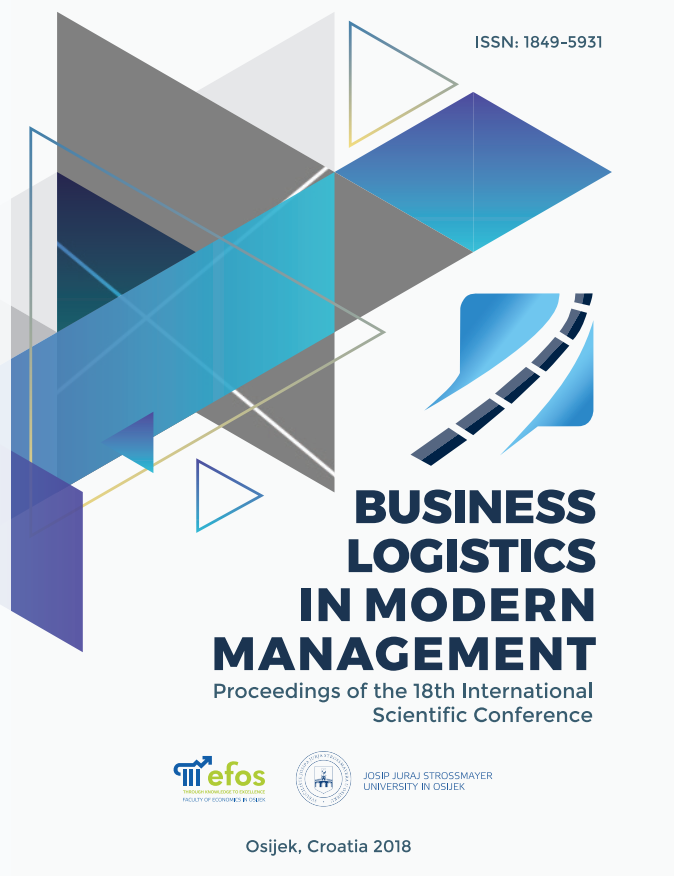VARIABLE PAY 2.0: TRANSFORMING THE POST-TRANSITIONAL CONTEXT IN WAREHOUSE LOGISTICS
Abstract
Considering the ever-increasing pressure on gross margins in the FMCG industry of post-transition economies, top management is more inclined to seek the alternative sources of competitive advantage. In particular, this refers to the area of supply chain management. The consolidation of large retail buyers and the consequent growth in their market share contributes to redirecting the focus on internal supply chains. In that context, the methodology for calculating variable pay is one of the mechanisms for achieving greater labour productivity and subsequent cost reduction. Based on the previous work on variable pay in warehouse operations and its major limitations, the present paper aims to further develop the concept of variable pay schemes of warehouse employees to increase their productivity. The paper employs a case study approach to examine warehouse operations in the distribution of FMCG products in the market of Bosnia and Herzegovina. A more precise classification of warehouse employees’ work assignments has been enabled using a warehouse management system. Consequently, a considerably changed share of fixed and variable elements of salaries leads to increased productivity compared with the initial model of variable pay calculation system. Furthermore, applying advanced technology to supply chain provides a greater selection of mechanisms related to warehouse workers’ productivity improvement. Importantly, it also results in increased motivation of top management to introduce variable pay schemes. To further the research a special emphasis should be put on the profitability analysis of developing and implementing a warehouse management system in warehouse operations.
Key words: warehouse logistics, variable pay schemes, warehouse management system, Bosnia and Herzegovina

